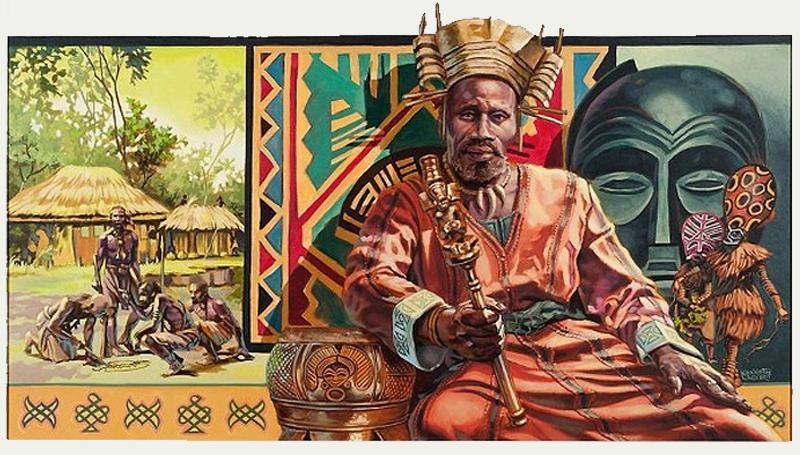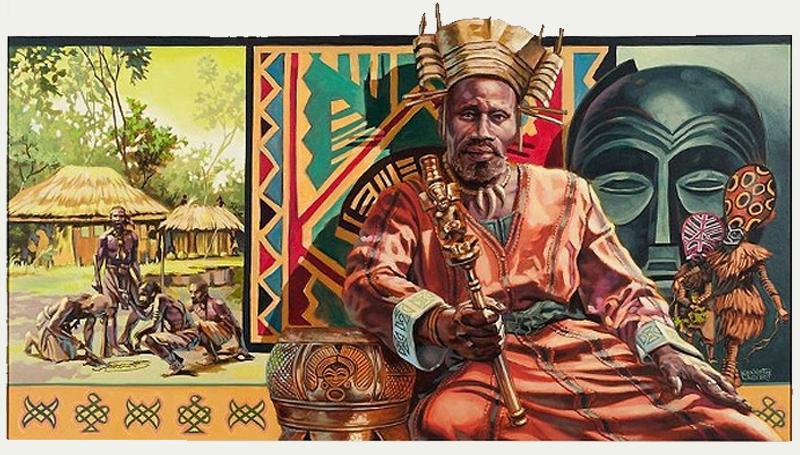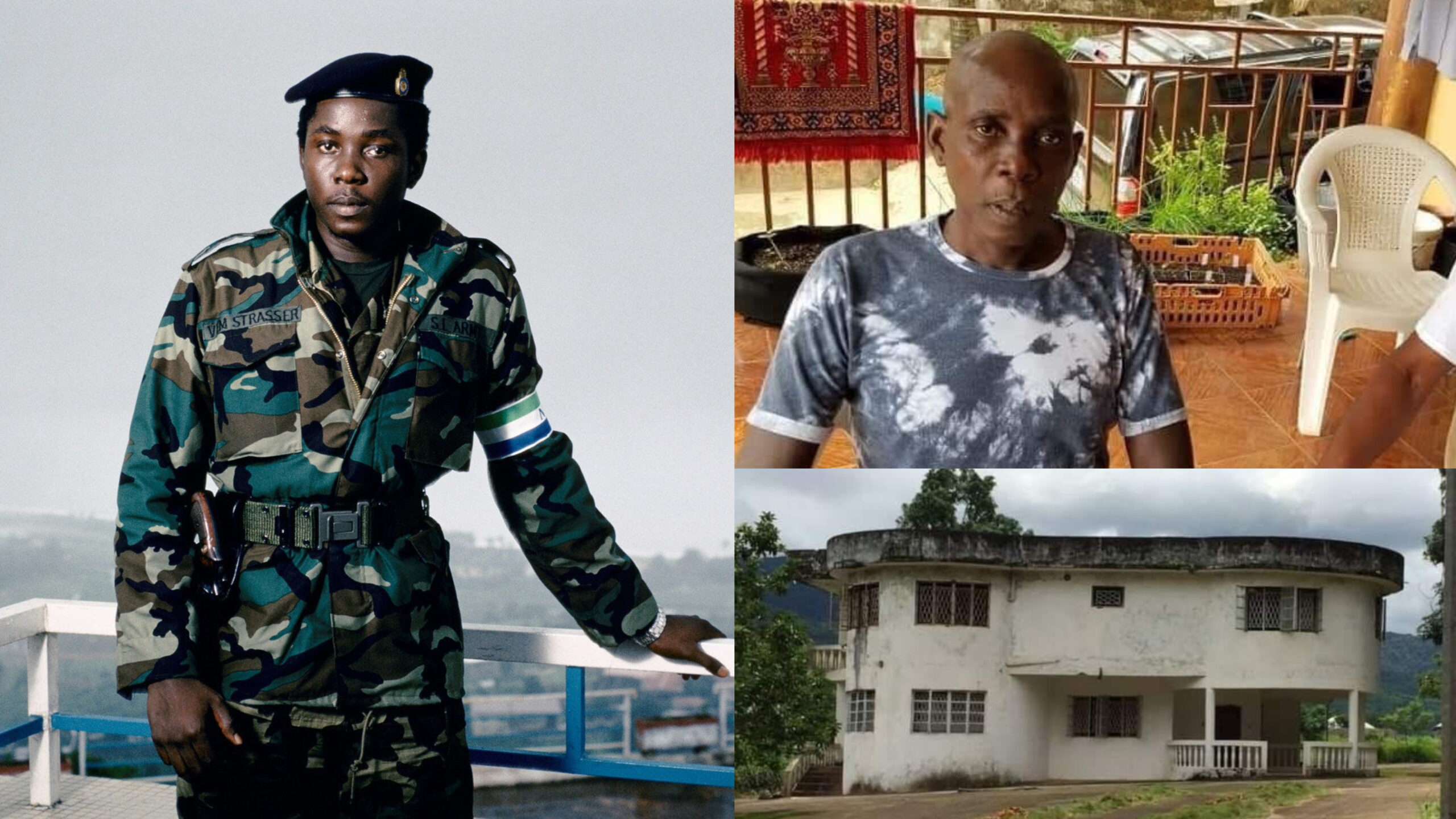Ndumbo Tembo protected Tchokwe sovereignty and resources by establishing an autonomous territory with tight restrictions on European access. The Tchokwe were able to maintain their independence thanks to Ndumba Tembo’s efforts.
The Chokwe people, also known as the Kioko, Bajokwe, Chibokwe, Kibokwe, Ciokwe, Cokwe, or Badjok, are a Central and Southern African ethnic group. They’re mostly found in Angola, the Democratic Republic of the Congo’s southwestern regions (Kinshasa to Lualaba), and Zambia’s northwestern regions.
The Chokwe were once one of the great Lunda Empire’s twelve clans in 17th and 18th century Angola. They were hired by Lunda nobles at first, but when they refused to pay tribute to the Lunda emperor, they became independent.
They became one of the wealthiest groups in Angola as a result of their successful trading and abundant resources. The Chokwe had completely dismantled the Lunda kingdom (also known as the Mwata Yanvo) by 1900, using guns obtained in trade from the Ovimbundu.
Chokwe language and influence spread throughout northeastern Angola, eventually encompassing the Lunda people. They militarily responded and expanded further into northern Angola, Congo, and western Zambia as wars and conflicts grew during the colonial era of the 19th and 20th centuries, both from Europeans on the west and Swahili-Arabs on the east.

Until the 1830s, when the Chokwe traded wax, rubber, and ivory, the Portuguese had little contact with them. The Portuguese put an end to the Chokwe people’s dominance in the region, but the Chokwe fought back.
Mwene Mbandu Kapova I of Mbunda was a prince who played a significant role in the Chokwe-Mbunda battle.
 The African History Truly African
The African History Truly African

